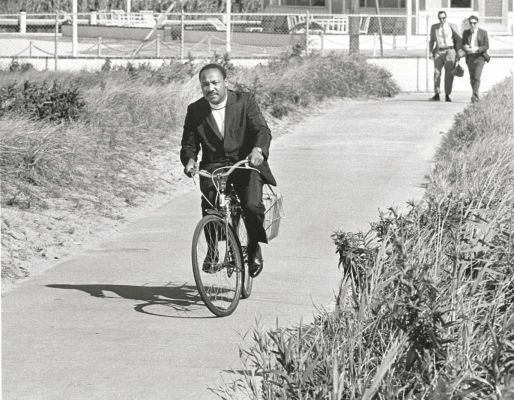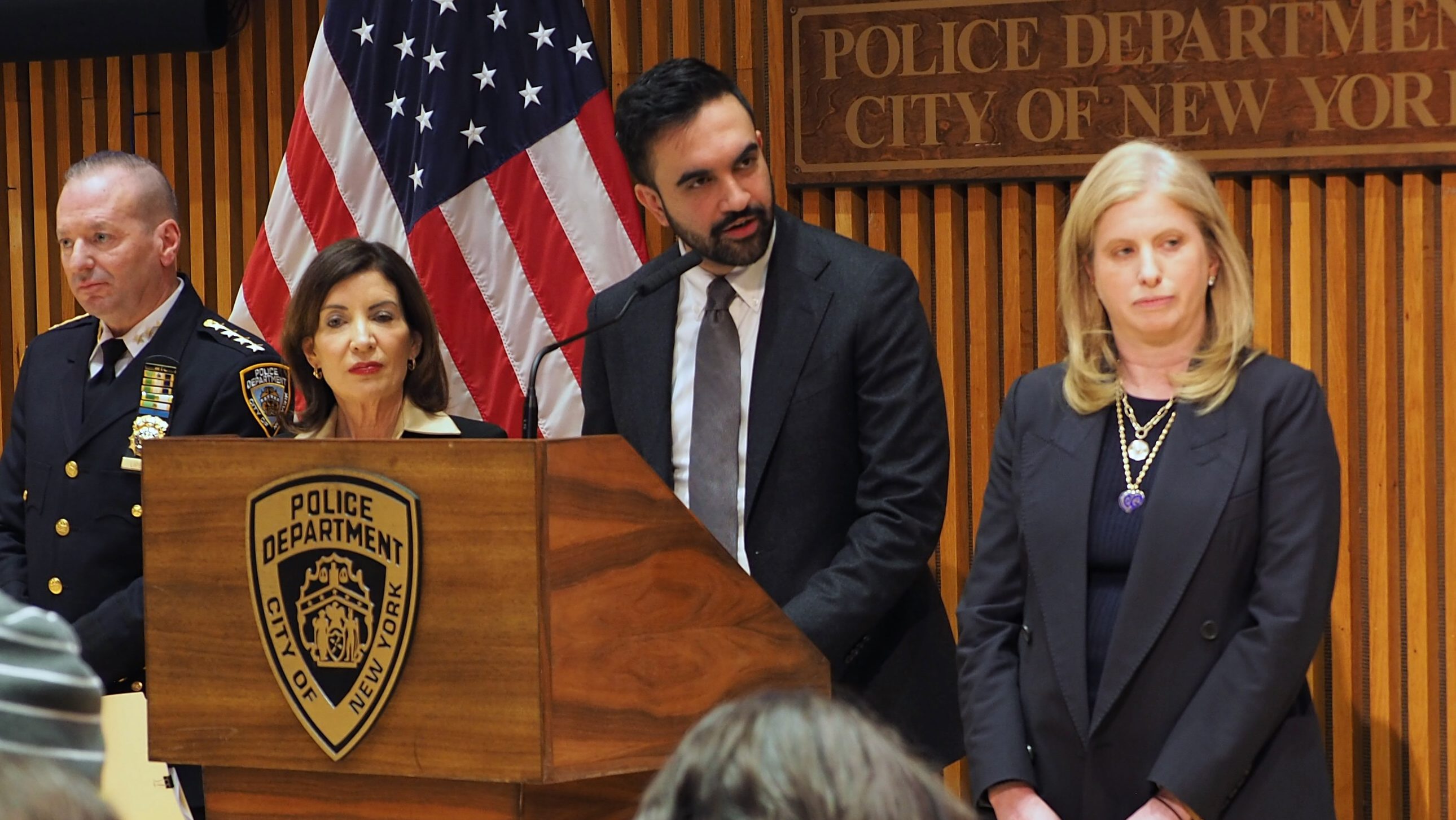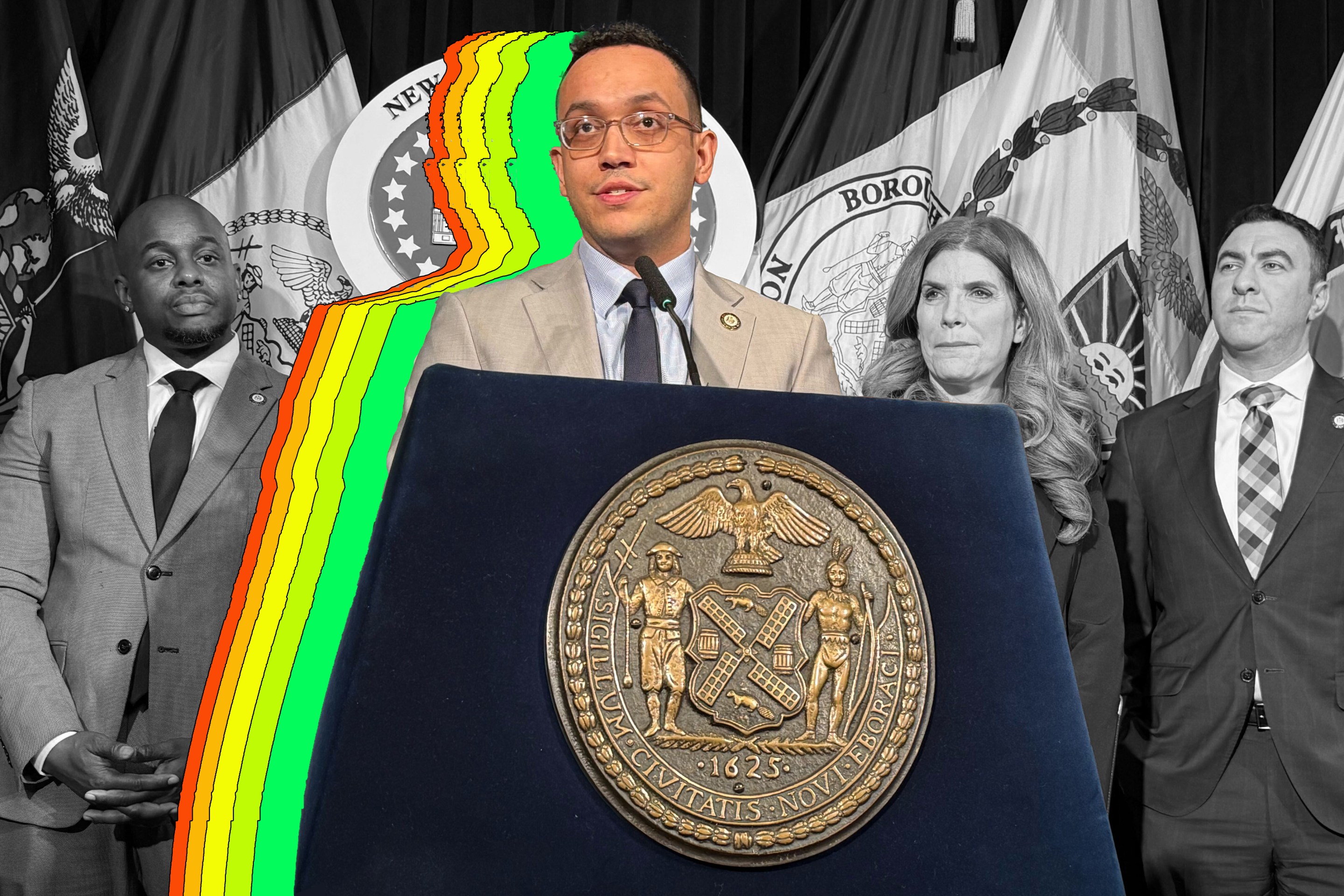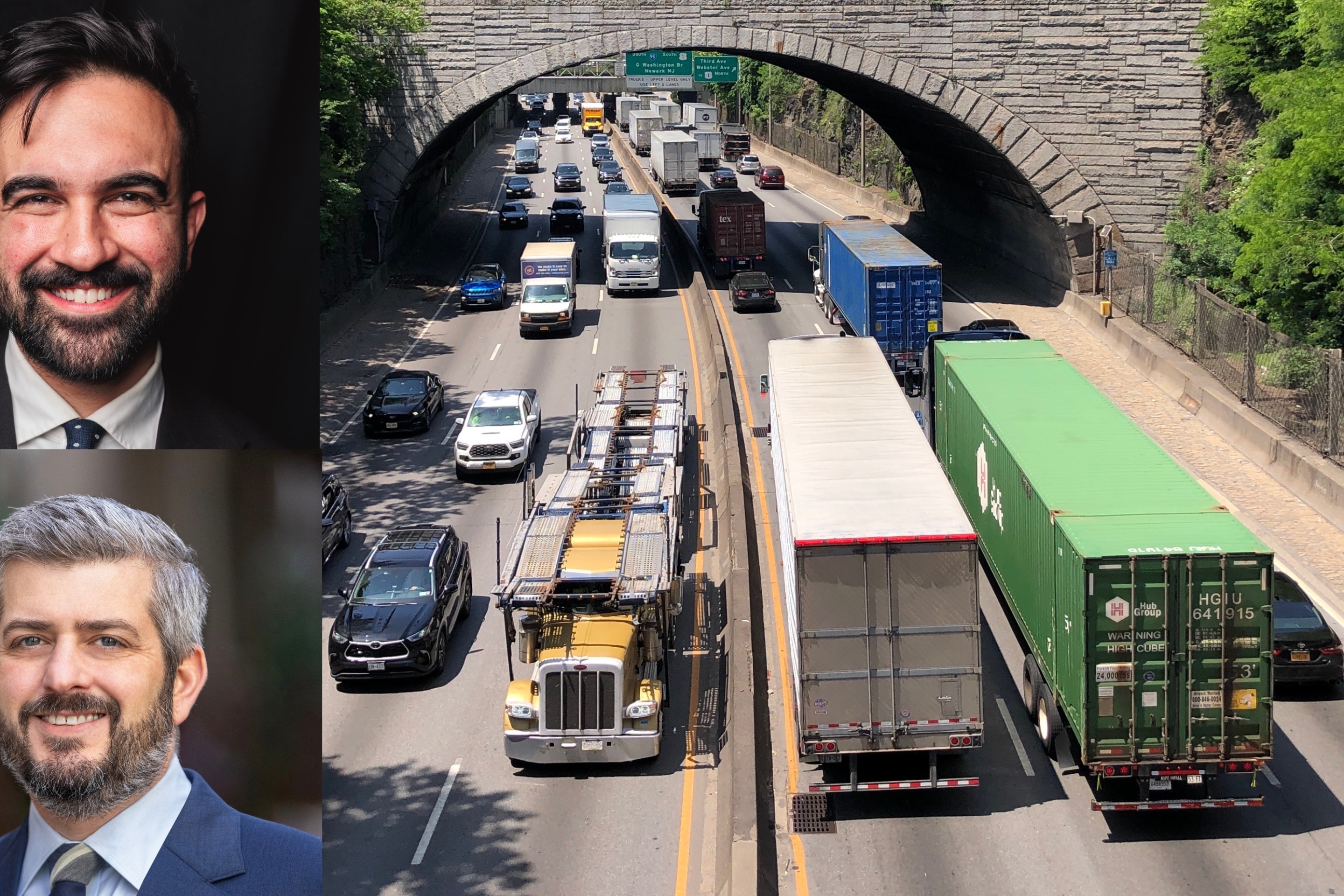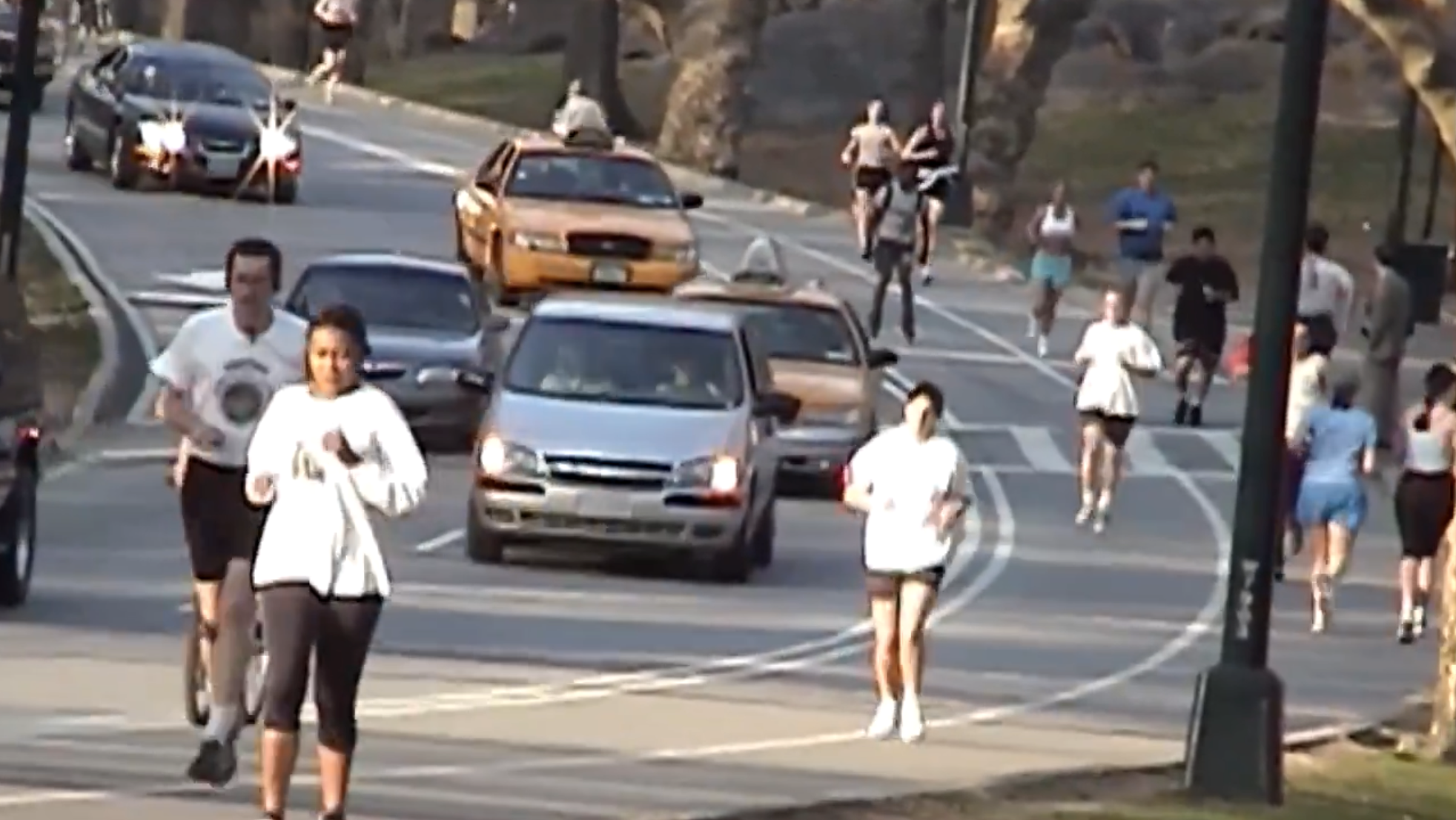Yesterday the American Public Transportation Association reported that Americans made more transit trips in 2013 than in any other year since 1956. Of course, per capita ridership is still low compared to the 1950s, and we're nowhere near the ridership peaks of the 1940s. But when transit trips increase 1.1 percent while population rises 0.7 percent, you know change is afoot.

APTA, which is meeting in Washington this week for its legislative conference, has some ideas about how to keep the momentum going in the right direction.
It goes a little something like this: Pass a transportation bill. Make it a six-year bill -- not a measly two years like the current MAP-21 bill. Raise the gas tax, pass a VMT fee, do whatever you need to do to provide a steady funding source. And then invest $100.4 billion over the next six years in transit.
This year, transit got $8.6 billion from the Highway Trust Fund and another $2.1 billion from the general fund -- mostly for New Starts capital grants -- for a combined total of $10.7 billion. APTA wants to see that number grow to $12.1 billion in 2015 and $22.2 billion in 2020.
While APTA's proposal would mark a major improvement, it's not as big a jump as President Obama envisions. The White House budget proposal would bring transit funding up to $17.6 billion in 2015 -- which APTA doesn’t call for until 2018. APTA would have funding grow more incrementally over time, while Obama envisions a big increase next year and then stability.
Transportation Secretary Anthony Foxx announced yesterday that the administration would submit a transportation bill proposal to Congress, which it has not done previously.
While APTA is pushing for a six-year bill, the administration has rolled out a four-year bill, because that’s what its proposed funding method will support. Foxx told transit agency officials assembled for the APTA conference yesterday that he empathized with the need for long-term legislation.
“We as a nation have got to have a stable and predictable funding and policy,” Foxx said. “When you go from year to year off of continuing resolutions -- or even MAP-21, which was politically a huge lift but a two-year bill -- what happens to transit systems, what happens to our entire transportation system, is that folks don’t know how to plan. You don’t know whether to go forward with that engineering study because you’re not sure what’s going to happen down the road.”
After Foxx spoke, local leaders from around the country highlighted the importance of federal funding. Although the cumbersome federal process adds time and expense to projects, said Arizona State Senator Steve Farley, local money will never be sufficient to fund projects like the Tucson streetcar.
And forget state assistance. The current transportation chair of the Arizona statehouse is a Tea Partier more interested in holding hearings to investigate Agenda 21 than in funding mobility options for her constituents.
“As you might expect,” Farley said, “the Arizona legislature hasn’t been entirely helpful when it comes to moving our state forward in transportation projects.” So it’s a good thing the federal government stepped in and awarded a $63 million TIGER grant to the Tucson streetcar in 2012 -- the largest award the program had ever made.
Milwaukee Alderman Robert Bauman had the same story about the notoriously anti-transit governor of Wisconsin, Scott Walker. “On every front where there is an opportunity to expand or improve public transit,” Bauman said, “the state is active -- active -- in its opposition.” The Milwaukee streetcar is being funded with about 85 percent federal funds.
And while Virginia just increased transportation spending, Alexandria Mayor William Euille said it’s often a better idea to approach the Federal Transit Administration, rather than the state, when looking for transit money.
While some places, like Los Angeles and Salt Lake City, have recently been able to raise more local funds to pay for transit expansions, these testimonials highlight how the FTA provides a crucial pipeline for transit funding that would disappear in many states if the federal transportation program went bankrupt.
The question now is whether Congress will respond to the upward trend in ridership growth by devoting more resources to transit.
“Will the record increase in public transit ridership finally convince Congress our nation must meet this growing demand?” said Larry Hanley, president of the Amalgamated Transit Union in a statement responding to the APTA ridership report. “Despite more and more people riding transit, more young people forgoing cars and growing urban populations, commuters all over the country are waiting longer for crowded buses and trains, if they come at all, and paying higher fares in many places. If we fail to deal with this continuing record growth in ridership, there will be an even more serious national crisis facing our nation’s already overcrowded and cash-strapped transit systems.”
